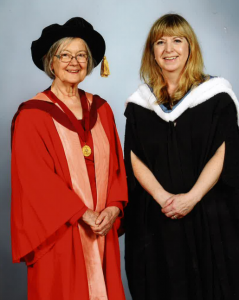By Miss Rachel Pougnet, PhD Candidate (University of Bristol Law School).

On 16 November 2016, three days after the terror attacks in Paris, the then-French President François Holland gathered both houses of Parliament (the National Assembly and the Senate) in Versailles. He started his speech with a grave tone, by noting that “France was at war”, and that the country needed to be “ruthless” in “such times of exceptional gravity”. He called for “national unity” and proposed a revision of the Constitution.
His proposal was to enshrine in the Constitution the procedure of the state of emergency (article 1) and the cancellation of citizenship for dual nationality holders (article 2). As Holland then put it
We must be able to strip the nationality of an individual who has been condemned for acts contrary to the fundamental interests of the Nation or acts of terrorism, even if the individual was born French, and I mean it “even if the individual was born French” so long as the person has another nationality (Holland’s speech, 5).
The proposal was eventually dropped on March 2016, following the failure of both houses to agree on a similar text on article 2, cancellation of citizenship, as required by article 89 of the Constitution. This article spread intense debate across French society and enjoyed widespread press coverage from French newspapers of all kinds. More than ten public opinion polls were issued on the subject and it prompted the resignation of Christiane Taubira, the Secretary of State for Justice. All this for a relatively short debate: 136 days in total.
It is unclear whether this failure can be attributed to the specific political context at the time (a right-wing Senate and left-wing National Assembly, the low popularity of President Holland and the uncertainty of the regional elections (which were to take place in June 2016), to the rigidity of the French Constitution (article 89 requires a majority of 3/5 of both houses gathered together in Congress), or to the importance of citizenship-nationality in the French national narrative. Perhaps the truth lies somewhere in between these lines. But in the broader context of an increase in recourse by states to the deprivation of nationality as a counter-terror measure (see for example the Netherlands or the UK), a closer analysis of the debate around the contested measure is warranted. (more…)









